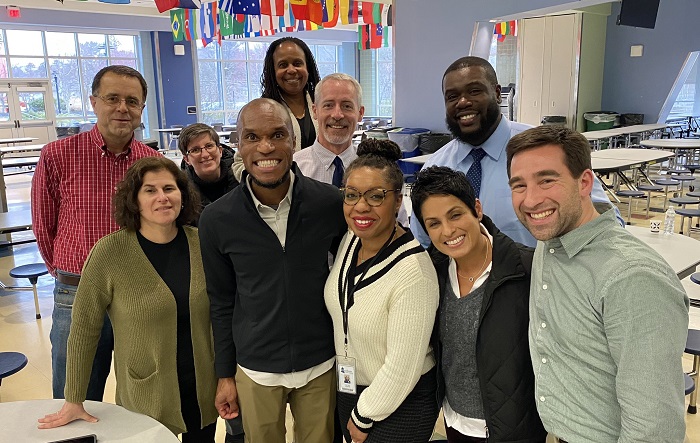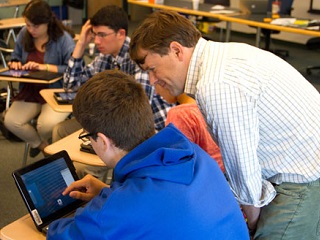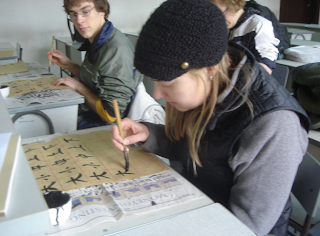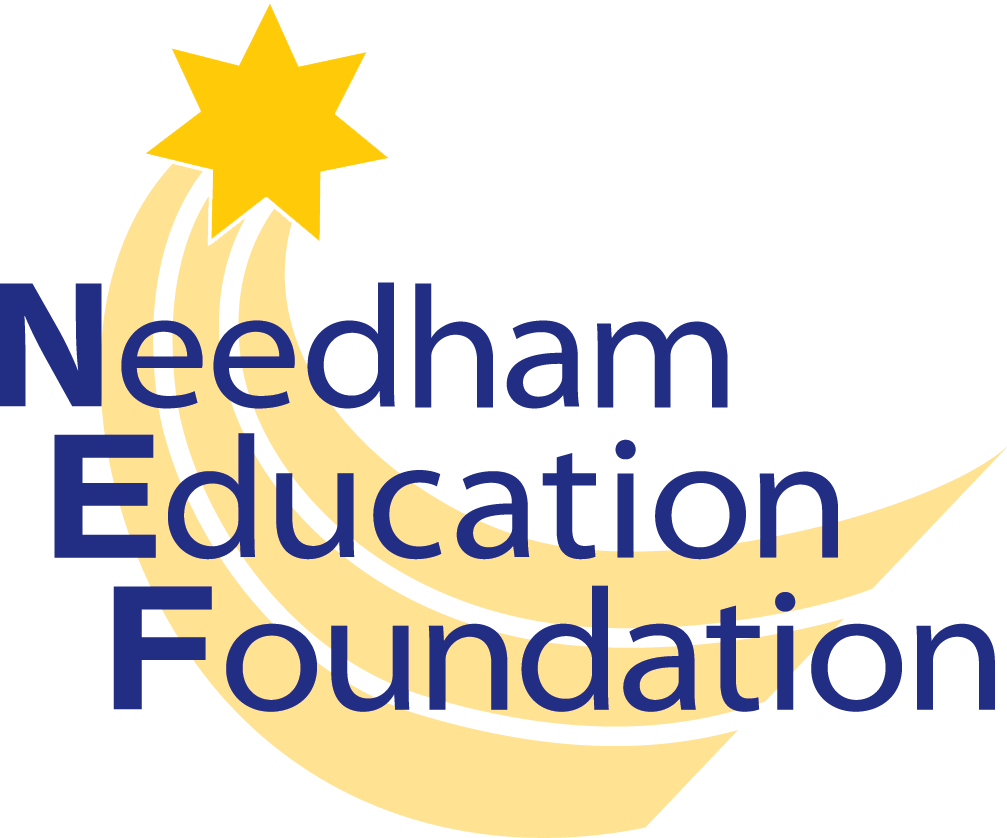Through the Collaborative Initiative program, created in 2006, the Needham Education Foundation works closely with the Needham Public Schools administration to fund larger, potentially multi-year initiatives that will have major strategic impact on education, yet would not be possible within the confines of the current school operating budget.
Ideas for Collaborative Initiative projects are generated through a dialogue between NEF and Needham Public School leaders, making it unique from the usual NEF process where grant requests come directly from teachers, parents or students.
Collaborative Initiative programs must produce measurable results, may span multiple years, must impact a large number of students, and must be sustainable after NEF funding comes to a close.
The Collaborative Initiative program exists outside of NEF’s traditional grant programs.
Diversity, Equity, and Inclusion Initiative
The Diversity, Equity, and Inclusion (DEI) Collaborative Initiative launched in June 2021 and is expected to be a multi-year partnership with multiple phases. Original plans to engage a consultant during the 2021-2022 school year were paused when Needham was selected by the state for a district-wide evaluation of its equity practices. NEF funds were reallocated to support the REAL (Race, Equity, Access, Leadership) Coalition’s review of the district’s survey data, along with the state’s report, to guide the work moving forward. In addition, funding was used to engage educator and author Cornelius Minor to kickstart the 2022-2023 professional learning plan for all staff. Mr. Minor introduced concepts from his book We Got This – Equity, Access, and the Quest to Be Who Our Students Need Us to Be to all staff in the fall. In the spring, he returned for an intensive learning opportunity for high school math and science educators, middle school English language arts educators, Metco staff, and members of the REAL Steering Committee. This work supports the district’s strategic plan to provide professional learning for universally designed, culturally responsive teaching in every classroom.
In 2023-2024 with significant NEF funding, the district launched an equity-centered professional learning plan that will use a three-prong approach to provide educators and leaders with the tools, strategies, and knowledge needed to create the conditions for learning for all students.
- The first prong will institute a Leadership Academy for all district leadership, including all school administrators, special education and support service leaders, curriculum leaders and department heads, Metco leaders, and central administration.
- The second prong will provide additional professional development workshops with Cornelius Minor for nearly all secondary-level educators, as well as elementary principals.
- The third prong will work to explore and implement restorative practices throughout the Needham schools. Restorative Practices is an approach that focuses on developing safe and supportive communities through building, maintaining, and repairing relationships among community members.
Full details of the 2023-2034 efforts can be found in this press release.
Interdisciplinary Learning Initiative
The Interdisciplinary Learning Initiative (ILI) between the Needham Public Schools (NPS) and the NEF was established in 2012 and completed in 2017. The goal of this collaboration was to launch an interdisciplinary academic model of teaching and learning at Needham High School. The collaboration was managed by an Interdisciplinary Learning Team including representatives from the NEF, Needham High teachers and administrators, and the NPS District Director of Student Learning.
Greater Boston Project
The cornerstone of the ILI was the development and implementation of the Greater Boston Project, a course that combines instruction in English, History, and Statistics. The course challenges students to use primary research and draw upon skills in English, Math, and Social Studies to investigate how individuals and groups perceived themselves and worked to affect change. The course helps students learn to make crucial connections between different academic disciplines and develop problem-solving skills that are essential for success in higher education and beyond.
For more information, visit the Needham High School’s Greater Boston Project website.
Interdisciplinary Learning Fund
Additionally, an Interdisciplinary Learning Fund was established that provided “mini grants” to fund smaller interdisciplinary programs or units of study within existing curriculum. An example of a mini grant is “Kinetic Sculptures,” a course combining Art and Robotics disciplines in which students create moving sculptures.
In an effort to further spread and cement the impact of ILI, the NEF helped fund an Interdisciplinary Learning Specialist position at NHS for both the 2016-2017 and 2017-2018 academic years. This position supported both current IL initiatives and promoted the expansion of IL programming through collaboration with teachers and administrators. This position was subsequently funded by the district budget.
Da Vinci Workshop
In honor of its 25th anniversary, the NEF made a $50,000 gift to Needham High School to support the creation of the Da Vinci Workshop for Interdisciplinary Innovation and Fabrication. The workshop was built for engineering and robotics instruction, though it has evolved and is used by a variety of classes and clubs.
The Interdisciplinary Learning Initiative was the largest NEF collaboration with the Needham Public Schools to date. It stretched over 5 years and was supported by over $500,000 in NEF funding. The video below shows the history and impact of this ground-breaking work.
Needham High School Global Competence Program
The first Collaborative Initiative program, launched in October 2007, was the Needham High School Global Competence Program.
Modeled after a Boston College program, yet tailored to the high school population, the program appeared to be the first of its kind in the nation. Students earn a Certificate of Global Competence by completing a series of requirements designed to foster a greater sense of global awareness, including a foreign travel experience, proficiency in a foreign language, 30 hours of community service working with people from another world culture, and an extracurricular component involving multicultural communities in the greater Boston area.
Global Competence program participants will:
- Think globally: Have an increased knowledge of their relationship to the world; think about issues from a global perspective; gain an appreciation for other world cultures, viewpoints, and perspectives.
- Communicate effectively: Improve their foreign language skills and their ability to communicate with people across cultural and language divides.
- Contribute responsibly: Use their global knowledge to interact and build relationships with people from other cultures; actively seek world knowledge to develop their own values and perspectives; demonstrate respect, open-mindedness, understanding, and flexibility in behavior and thinking; help others to embrace multiple perspectives.
For more information, visit the Needham High School Global Competence Program website.
Over the 2 year initiative, the NEF provided $20,000 in funding to develop the Global Competence program. The program is still active today.



“…the creativity and energy around developing this course has spread throughout the district and has become a springboard for more interdisciplinary learning throughout the Needham school culture.”
